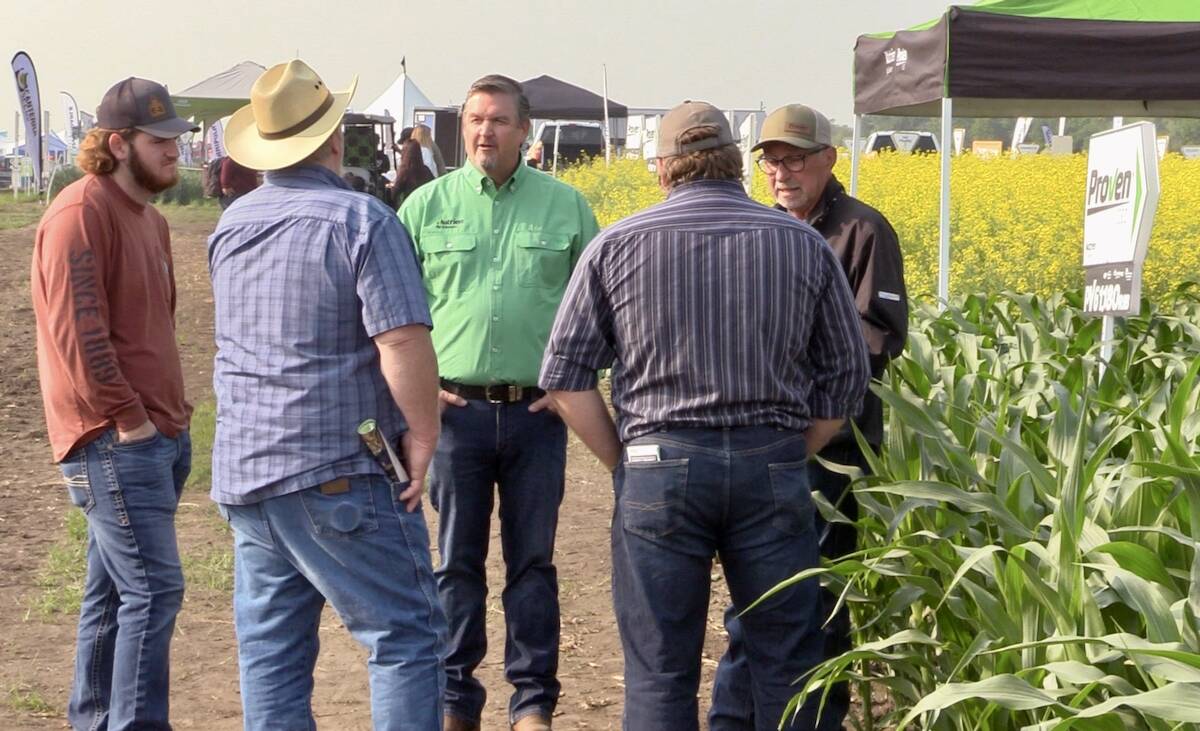When Chris McCallister visited a rural Manitoba school earlier this year to talk about his career as a farmer, he asked the 300 students if they had regular internet access.
Read Also

Interest in biological crop inputs continues to grow
It was only a few years ago that interest in alternative methods such as biologicals to boost a crop’s nutrient…
“Maybe 15 raised their hands,” he said. “It was scary, kind of unbelievable.”
But he understood.
The pedigreed seed, grain and oilseed producer struggled for years to get high-speed service for his 3,700-acre operation near Portage la Prairie, Man. He finally secured service through MTS but still thinks rural Manitoba receives a raw deal.
“”For now, it’s working pretty good but it is costing a lot of money, a lot more than in the city,” he said.
“Compared to the city, it’s unfair.”
McCallister’s other nagging issue is finding labourers for his farm. Locals don’t want the work.
“My only real option is overseas,” he said.
“I’m looking at the Ukraine right now, trying to bring families in who have farm experience.”
His issues highlight two key themes often flagged in discussions of the rural-urban divide – comparatively poor rural broadband service and the fact that almost all immigrants to Canada flock to the cities.
On both fronts, there are signs that efforts are afoot to narrow the gaps.
The federal government has promised that in 2010 it will start rolling out its promised $220 million to cover half the costs of extending the rural internet infrastructure network.
The lack of service has for years been a bone in the craw of rural politicians and businesspeople.
“The absence of broadband internet significantly impedes rural economic development,” the Canadian Federation of Municipalities said in a rural wake-up report delivered to Ottawa last spring.
“Communities without broadband access are denied competitive advantages such as electronic delivery of health and education services and the ability to gain access to market. Without adequate communications infrastructure, the service delivery capacity of these communities is much weaker than that of fully serviced urban areas.”
In a November report to the Senate agriculture committee, the federal government said lack of rural access to high speed internet was reduced from 37 percent of rural households in 2003 to 22 percent in 2008 through billions of dollars in private and public investment.
Still, that is far lower than in urban Canada and Ottawa recognized that a gap remains. It promised to work with the private sector and other levels of government to try to fix it.
Ottawa also said it recognizes that few immigrants go to rural Canada while many rural jobs go unfilled. Of the 1.1 million immigrants arriving between 2001 and 2006, just 2.8 percent went to rural Canada.
The government said it would work with other governments and immigration groups “to encourage immigration that can address rural labour market needs and to distribute the economic, social and cultural benefits of immigration more generally across the country.”
The Senate committee last year recommended that Ottawa change its immigrant assessment system to credit potential immigrants who have skills that could help fill gaps in the Canadian rural economy.
The proposal had critics who argued immigrants may say they will settle in rural areas but often stay only a short time. Saskatchewan Association of Rural Municipalities president David Marit is one of the skeptics.
“We are finding even in Saskatchewan that if you bring in immigration … the policies within the immigration system may have them stay on for a short while,” he told the Senate committee.
“They are going to migrate to Toronto, Montreal, Vancouver, Calgary or Edmonton, to wherever their friends and family are.”
















